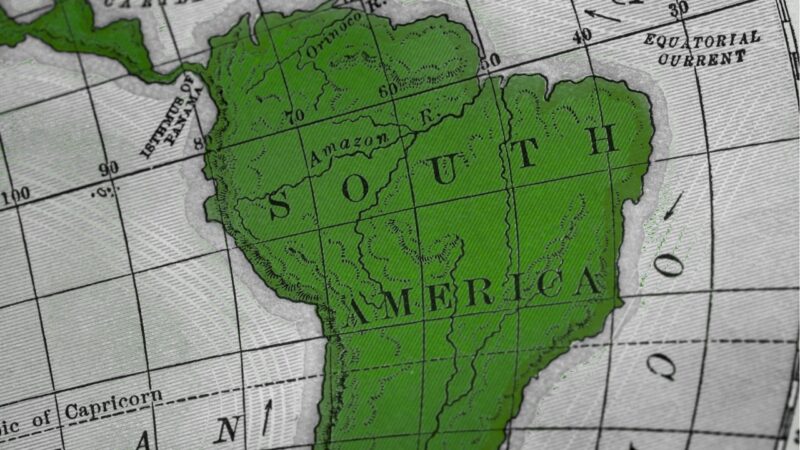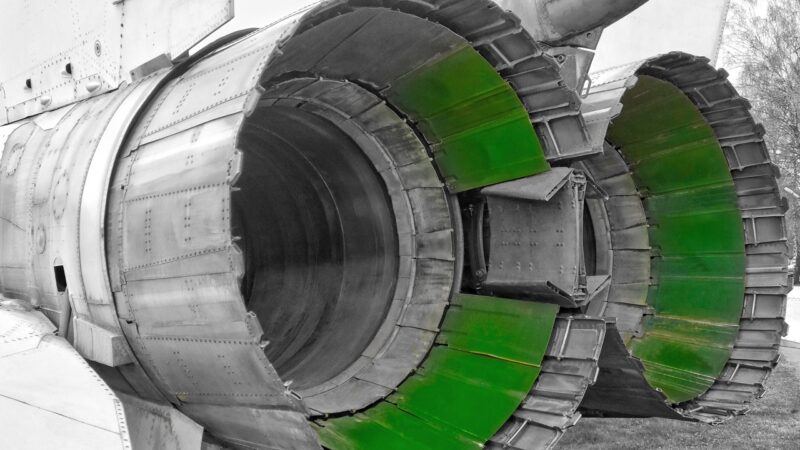SO-CALLED ELECTIONS IN THE “ORDLO”: WHAT’S NEXT?
The so-called elections held in the occupied territories of Ukraine’s Donbas region in November 2018 once again confirmed that the Minsk Agreements, intended as a regularizing framework to contain and bring an end to the conflict, are a fiction. Neither the Russian Federation, “having committed itself to influence the relevant party,” (according to Russian interpretation of The complex of measures for the implementation of the Minsk agreements) nor representatives of the self-styled Donetsk and Luhansk people’s republics (Ukr/Rus acronyms DNR and LNR, respectively) that make up what Ukraine calls “Certain Districts of Donetsk and Luhansk Oblasts” (aka “ORDLO,” the Ukrainian acronym for this territory) are going to follow the agreements, which are consistently referred to by Ukraine and Western stakeholders as “mandatory for a peaceful settlement.”
The idea of polling the “will of the people” was initially conceived as an escalation tactic, dictated by the desire of the Russian security service (FSB) to control the financial flows in the pseudo-republics. Before the assassination of DNR leader Aleksandr Zakharchenko, officials close to the Main Directorate of the General Staff of the Armed Forces of the Russian Federation (ex-GRU\G.U.), along with the Administration of the Russian President, said that the “elections” should be postponed—in other words, they were interested in maintaining the status quo. Even after the liquidation of Zakharchenko, spokespersons connected to President Putin’s Ukraine advisor Vladislav Surkov questioned the merit of holding the “elections.” The pseudo-republics in the ORDLO has formally retracted the writs, citing “deputy appeals concerning the need to postpone the elections.” All this implies that there is no consensus on the format for the further existence of the DNR and LNR (not that there ever has been).
Evidently, Russian supporters of tighter control over the self-styled republics planned to demonstratively reject the “mandatory Minsk” by holding elections; however, this concept was subsequently modified. The FSB and sympathizers of the so-called “Russian Spring” demonstrated their power, and as a result Surkov retained nominal control over the DNR with an end-run that usurped the authority of the “elected-by-acclamation” Pushilin. The situation reverted to what obtained before Zakharchenko was eliminated, with the only difference being that a mysterious “government representative,” Aleksandr Ananchenko, would be responsible for channelling money from the Russian Federation. Thus, a semblance of the well-known “power vertical” (chain of authority) was formed and the Russian Federation de facto blatantly put a unilateral end to the Minsk Agreements.
Within the ORDLO we shall now undoubtedly observe a greater desire to replicate the power verticals emanating directly from the Kremlin, and there will be notably fewer manifestations and instances of “opposition to authority.” In one district of Luhansk they have already come close to this, while in Donetsk they are just starting to implement the new structures. It appears that under this new framework the “mandatory Pushilin” acts more like a facade, while financial decisions on the ground will be handled by the mysterious “prime minister” Ananchenko; to enforce this new arrangement, several recent “legislative decisions” were promulgated that prohibit “combining the posts of head of republic and head of government” (as Zakharchenko had done).
Meanwhile, it is very likely that the Russian military will attempt to wrest “curatorial” control back from the FSB—that is, direct control over the funds streaming to, from, and within the occupied territories. But they are unlikely to succeed, as everything will be done to preserve the current balance and separation of powers in the ORDLO pseudo-republics.
Furthermore, we should consider the activities of “integration committees” and “communication platforms” between the DNR and LNR and individual Russian regions; they have become noticeably more active and will increase their activity in the future. Nevertheless, we cannot expect the formation of a “Novorossia” (New Russia union of so-called people’s republics) because it would then be necessary to disturb the established financial flows between the various Russian “curators.” However, we can reasonably expect to see tighter cooperation between each “republic” and specific regions of the Russian Federation.
In addition, we should expect further activation of the so-called embassies of the LNR and DNR abroad, in the form of all sorts of propaganda activities. While the Russian sponsors of these entities are trying to distance themselves from their special role in creating these “representative offices” (e.g., “official thanks from the Ministry of Foreign Affairs of the DNR” to Ruslan Rostovtsev posted on their website were subsequently removed), they do intend continue funding these quasi-state entities.
Propaganda activities within the pseudo-republics will also be intensified—like the release of various kinds of films, often made by “foreign correspondents” such as Miodrag Zarkovic, or purely local “cinematic masterpieces.” It is impossible to call it well-done propaganda, but it is aimed at an undiscerning public, including radicals and sympathizers of the Russian Federation who are a priori willing to consume such content and be loyal to it, if not more.
Undoubtedly, in the run-up to the presidential and parliamentary elections in Ukraine, we will hear innumerable stories about new “reintegration plans” and appeals for UN peacekeepers, but we must be very, very careful with this. Until a framework agreement is concluded that is fully sufficient to actually stop the hostilities, such measures will not lead to either reintegration or any tangible positive life improvements in the Ukrainian territories occupied by Russia. They will only give Ukraine’s “partners” reason to say that the “crisis has been resolved” and to return to “business as usual” with the Russian Federation.
Vitalii KULYK, Center for Civil Society Studies

